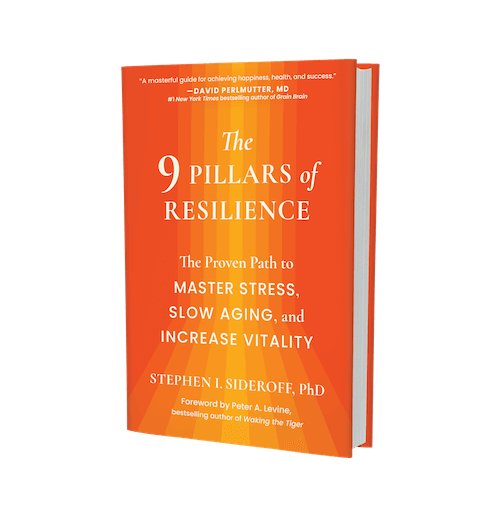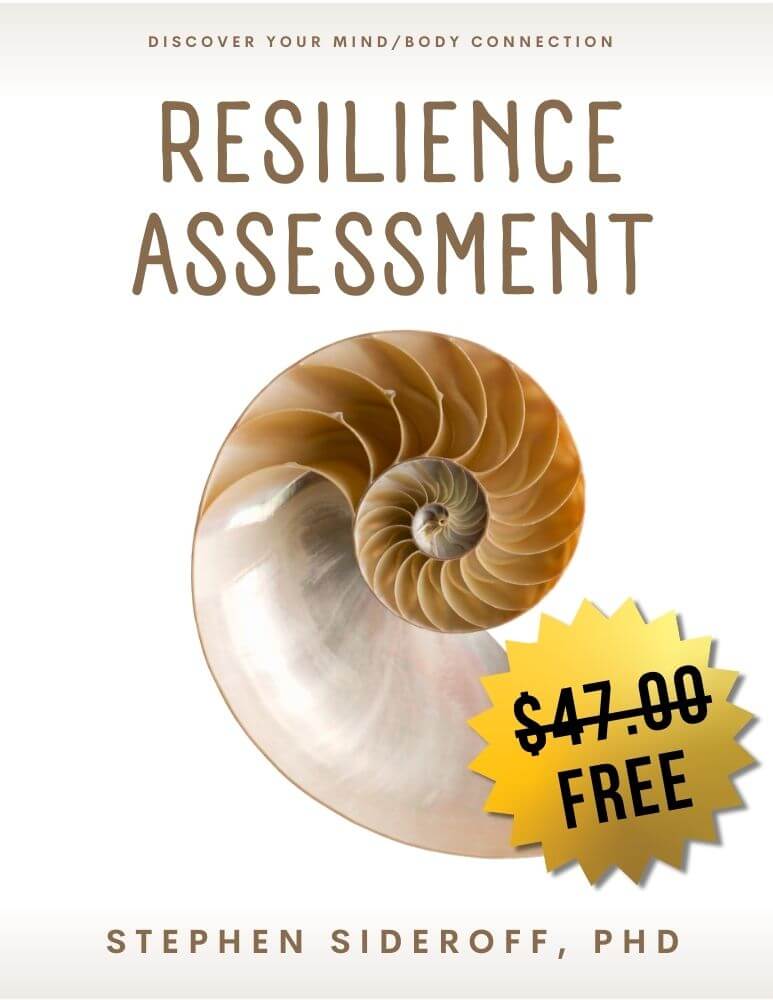Recent research is demonstrating that facial expressions of others can trigger specific responses in our brain. There are specific brain cells that respond based on what is being observed in someone else—thus the term “mirror neurons.” These brain cells will fire in response to observations of specific emotions displayed in someone else and have been postulated as the basis of empathy as well as modeling behavior. A loving or caring expression will have one effect, while a frown or critical stare will have another. “In fact, according to Stephen Porges, we also unconsciously respond to vocal prosody, or the tone and other qualities of a person’s voice. Through a process he refers to as “neuroception” we may become defensive to certain intonations.” These neurobehavioral processes begin to explain the types of attachments we form while growing up. John Bowlby developed the concept of attachment theory to describe the “lasting psychological connectedness between human beings.” This tendency to establish attachment is also believed to be an important evolutionary survival mechanism, as it supports the connections that insure the care of the dependent child, as well as the importance to the child of this connection. Specific attachment styles are established early in childhood as a result of the interactions and relationship between infant and primary caregivers.
Bowlby suggested that there are four primary characteristics of attachment:
• The desire to be near the people we are attached to
• The drive to return to the attachment figure for comfort and
safety in the face of fear or threat
• A sense of a secure base the child can move away from, but
always with the knowledge that he or she can return for safety
• Anxiety that occurs in the absence of the attachment figure
In addition, there are four primary styles of attachment: secure, avoidant, ambivalent/resistant and disorganized or chaotic. These different styles typically derive from the child’s experiences in the earliest years of life.
A secure attachment is one in which connection to another person is experienced as positive, safe, secure and nurturing. Being able to establish good, secure attachments will obviously result in greater resilience. This is in contrast to other attachment strategies in which there is either ambivalence or avoidance. These strategies,
the result of inadequate child/caregiver relationships, can maintain stress and interfere with the nurturing qualities of a relationship. If you are in relationship with a person who, at any moment, may be harsh, rejecting, mean, or unsupportive, you waste time and energy putting up your mental guard. Or, if you don’t put up a guard,
you may get emotionally wounded. Unfortunately, if your original attachment relationship was toxic or impaired in any way, you will be drawn to people like this unconsciously due to the characteristics of attachment, as well as your Primitive Gestalt and your drive to complete unfinished business with your childhood relationship experience.
Dr. Stephen Sideroff is an internationally recognized expert in resilience, optimal performance, addiction, neurofeedback and alternative approaches to stress and mental health. He is Assistant Professor in the Department of Psychiatry & Biobehavioral Sciences at UCLA’s School of Medicine, as well as the Director of the Raoul Wallenberg Institute of Ethics. www.drstephensideroff.com


